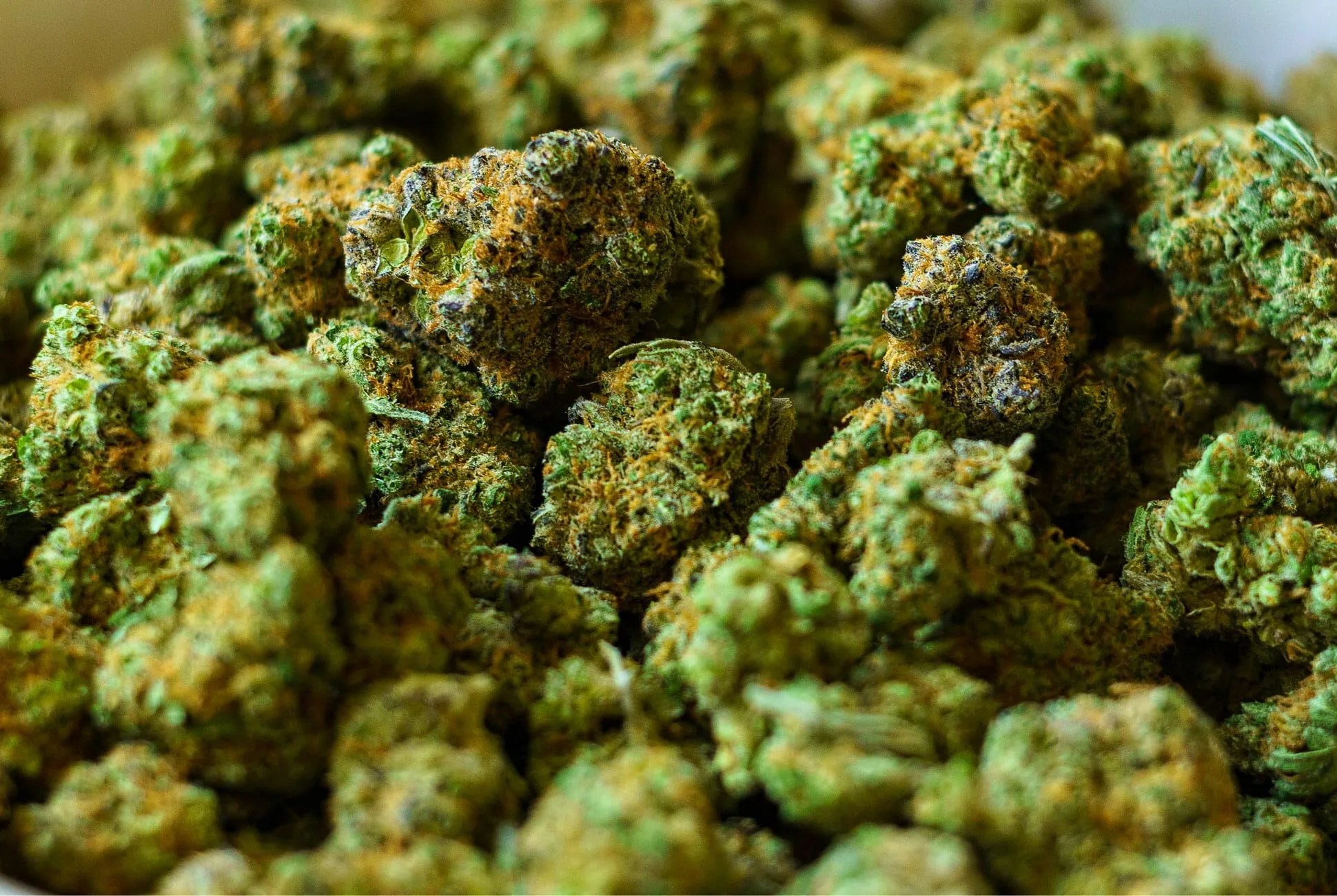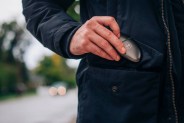If you feel like eating some weed right now, you’re not alone. In the 33 states where people are legally allowed to buy marijuana, dispensaries have largely been considered “essential” and stayed open during the Coronavirus pandemic — and consumers have taken that opportunity to stock up. States like Colorado, California and Oregon have seen double-digit spikes in sales.
A viral pandemic isn’t the right time to puff-puff pass, of course. But getting a little stoned (try an edible, skip the joint for your lungs’ sake) can be a great way for some people — say, a magazine writer — to manage their anxiety and maybe giggle a little.
If you’re new to buying weed, calling the delivery guy can be intimidating. Hell, even if you’ve been smoking weed for ages, you might still have a few questions you’d like to ask your budtender. But, for the sake of social distancing, we asked Nishant Reddy, CEO of A Golden State, one of the oldest continuously operating marijuana cultivators in California, what you need to know before stocking up yourself. From terpenes to freshness, here’s your cheat sheet.
What the hell is a terpene?
Terpenes are organic compounds that are naturally occurring in plants. They are the essential oils that give these plants their distinct aromas and flavors. Around 20,00 terpenes have been categorized in plants and about 100 have been identified in cannabis. In other words, that robust citrus smell a consumer may get from A Golden State’s Sunbeam strain, those are the specific terpenes of this varietal producing that aroma. Likewise, similar to essential oils, these same terpenes may also play a role in the therapeutic effects of cannabis, for example, feeling relaxed, or uplifted.
A lot of products these days include both THC and CBD. How do CBD and THC interact?
CBD and THC are two of the most popular and studied phytocannabinoids within cannabis — in total there are more than 120. Our body has a natural endocannabinoid system designed to interact with cannabis, including CBD and THC. The two can be taken independently, together, or as recent research shows, they can be most beneficial when part of the “entourage effect” alongside cannabis terpenes. Various studies show that CBD and THC may be beneficial for inflammation, stress, insomnia and pain but more research is needed to conclusively say in what combination, dosage and the true nature of the entourage effect.
Again, it’s important to note that cannabis effects people differently and it’s best to start with small, measured dosages. I would suggest people use a CBD isolate and no THC during the day to prevent any adverse effect of THC, but at night, consumers can start with a low ratio of CBD:THC and see how it affects them.

